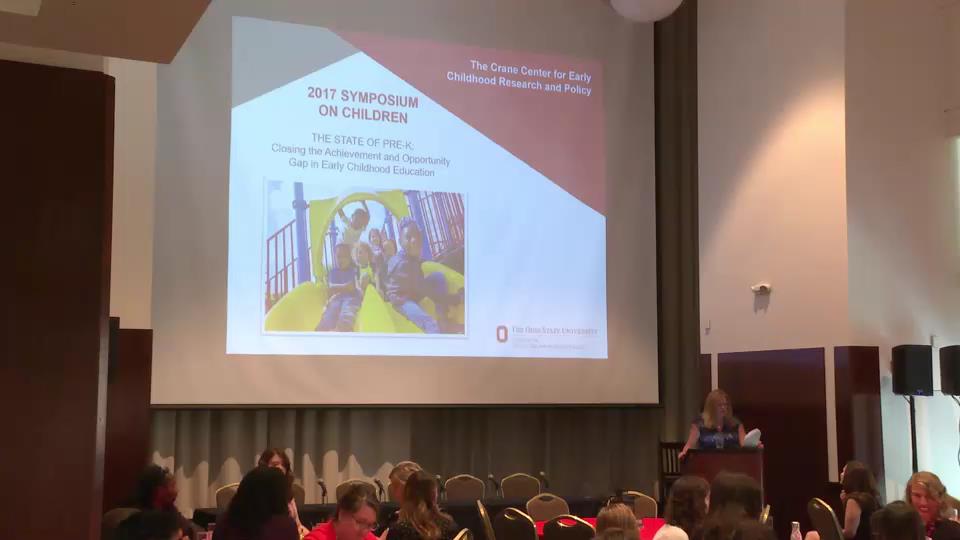


In recent years the exact size of the early language gap has been widely debated (more on that later), but whatever the figure, Suskind wants to bring it closer to zero. “The title of my first book, Thirty Million Words, is going to be my epitaph, I’m sure,” said Suskind, a professor of surgery and pediatrics at UChicago Medicine.Īccording to an influential study by two University of Kansas researchers, children from the lowest-income households hear thirty million fewer words by the time they turn four than children in the highest-income households. “If all parents, everywhere,” writes Suskind, “understood that a word spoken to a young child is not simply a word but a building block for that child’s brain, nurturing a stable, empathetic, intelligent adult, and had the support to make it happen, what a different world this would be.Dana Suskind has performed hundreds of cochlear implant surgeries during her medical career, but there’s another number for which she’s much better known. That’s just one book a day and does not take into account the conversations and questions we should be engaging in with our child at any opportunity. Over five years, this adds up to 1.4 million words heard during story time. There is a natural progression from talking to our child to reading to our child.Ī 2019 study published in the Journal of Developmental & Behavioural Pediatrics, found that children who are read to just once a day are exposed to around 78,000 words each year. The Thirty Million Words initiative focuses on the Three T’s: At Equippers Kids we focus on open ended questions, song and books as a way to encourage conversation with the tamariki. Talking to our babies is something we can all do and has a remarkable effect on their brain. The processing speed in the brain matters because it affects a broad range of cognitive skills, such as memory recall and problem solving.Īs parents, whanau, and early childhood teachers we can have a profound impact on a child’s future.


A child’s mental processing speed is shaped through rich engagement to language. Language is what helps our brains develop to their potential and early exposure to language affects the way language networks are built in the brain. All of this translates to a positive early school experience which results in a more rewarding relationship with learning. When these children entered primary school, they had a measurable advantage with bigger vocabularies and better reading skills. A landmark study in 1995 found that in the first 3 years of life, some children were exposed to 30 million more word than others. It might seem simple, but the result is profound. Dana Suskind, founder of the Thirty Million Words Initiative at the university of Chicago. Regular conversation is the message of Dr. Talking is the single most important thing you can do for your child’s brain. The #1 thing you can do for your child’s brain.


 0 kommentar(er)
0 kommentar(er)
